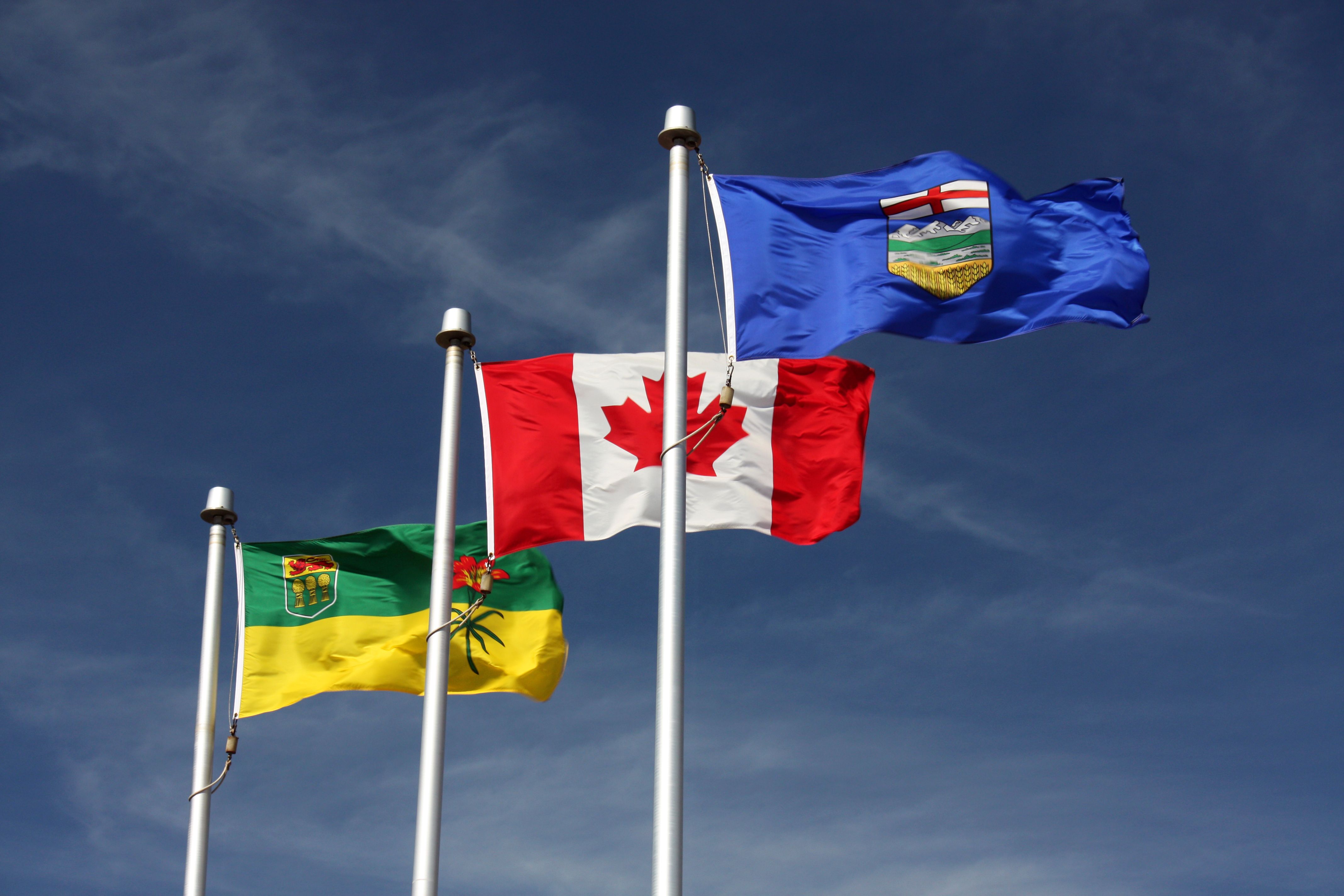A new wastewater treatment facility, with a total estimated cost of $81,500,000, in Lloydminster, Alberta, which borders Saskatchewan, will help protect the environment and meet the needs of the community.
Yesterday, François-Philippe Champagne, Minister of Infrastructure and Communities, Ric McIver, Alberta Minister of Transportation, Colleen Young, Lloydminster Member of the Legislative Assembly of Saskatchewan, and Gerald Aalbers, Mayor of Lloydminster, announced funding for a new mechanical wastewater treatment facility in the Border City, Alberta.
“Making sure communities have the infrastructure they need to provide modern efficient wastewater services is essential to protecting the environment and building a healthy sustainable future,” said Minister Champagne. “This important project for Lloydminster will allow the City to provide higher quality services to residents, support community development and protect the environment for years to come.”
Work involves building a new facility near the city’s existing lagoons to establish a new wastewater treatment system. The three cells that make up the existing plant will be integrated into the new system to serve as storage for storm water during periods of heavy rainfall and for sludge requiring long-term digestion. By integrating existing infrastructure, the City will be able to increase the capacity of its wastewater treatment system in an efficient and cost-effective way.
“Construction of a new wastewater treatment plant will have significant benefits for the current and future generations of Lloydminster and the downstream cities, towns, villages and Indigenous communities that rely on the North Saskatchewan River,” said Mayor Aalbers. “This four-way funding announcement speaks to a strong working relationship between our federal, provincial and municipal offices for the betterment of our communities and the environment.”
Once complete, Lloydminster will better service the city’s growing population, help safeguard regional waterways, like West Neale Lake, Saskatchewan, and ensure its treated water meets federal and provincial standards well into the future.









